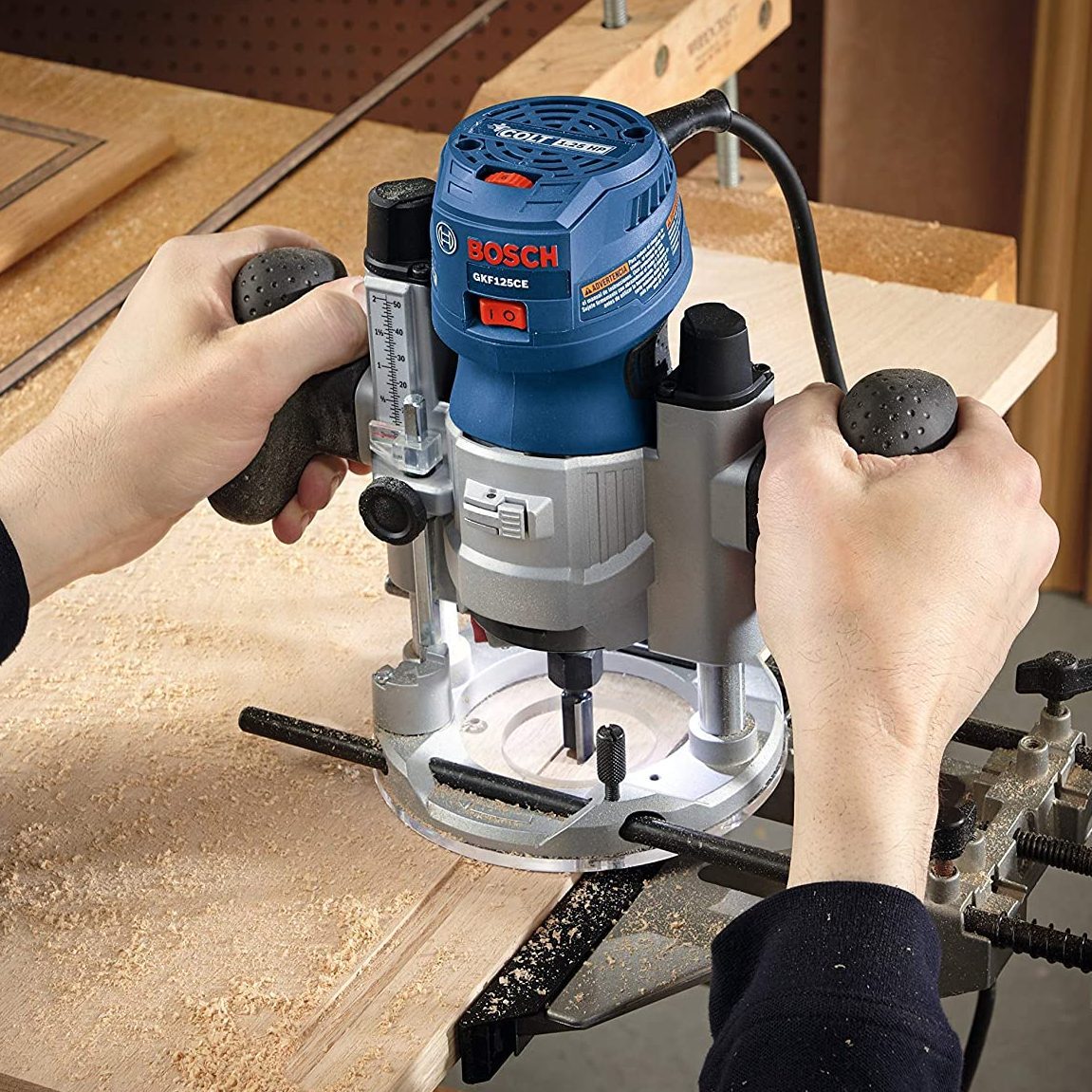Mechanical fuel pumps play a crucial role in delivering the right amount of fuel to an engine. As automotive enthusiasts, it is essential to understand the capabilities and limitations of these pumps, particularly in terms of horsepower. In this article, we will delve into the factors that determine how much horsepower a mechanical fuel pump can handle, providing you with valuable insights to optimize your engine's performance.
- The Basics of Mechanical Fuel Pumps:
Mechanical fuel pumps are commonly found in older vehicles and some high-performance engines. They operate using a diaphragm or a camshaft-driven mechanism to draw fuel from the tank and deliver it to the carburetor or fuel injection system. Unlike electric fuel pumps, mechanical pumps rely on engine rotation for their operation. - Fuel Pump Capacity:
The capacity of a mechanical fuel pump is primarily determined by its design and construction. The pump's ability to maintain a consistent fuel flow rate is crucial for optimal engine performance. Factors such as the size of the pump's diaphragm, the number of pump chambers, and the pressure relief valve settings all contribute to its capacity. - Pressure vs. Flow Rate:
When it comes to mechanical fuel pumps, it's important to understand the relationship between pressure and flow rate. While higher pressure can restrict fuel flow, a pump with a larger capacity can handle increased horsepower demands. It is crucial to strike the right balance between pressure and flow rate to ensure efficient fuel delivery. - Engine Requirements:
Different engines have varying fuel demands, and it is essential to match the mechanical fuel pump's capacity to the engine's requirements. Factors such as engine displacement, compression ratio, and fuel system design all influence the horsepower that a mechanical fuel pump can handle. Consulting the engine manufacturer's specifications or seeking advice from automotive experts can help determine the appropriate pump capacity. - Upgrading the Fuel System:
In cases where the engine's horsepower exceeds the capabilities of a mechanical fuel pump, upgrading the fuel system becomes necessary. This can involve installing a higher-capacity mechanical fuel pump, utilizing an electric fuel pump in conjunction with the mechanical pump, or even switching to a fully electric fuel delivery system. It is crucial to consider the compatibility of these upgrades with the engine's requirements and the overall fuel system design.
Conclusion:
Understanding the limitations and capabilities of mechanical fuel pumps is vital for optimizing engine performance. By considering factors such as pump capacity, pressure, flow rate, and engine requirements, you can ensure that your mechanical fuel pump can handle the horsepower demands of your engine. Remember to consult experts and refer to manufacturer specifications when making any modifications to your fuel system. Unleash the power of your engine by harnessing the potential of your mechanical fuel pump.

